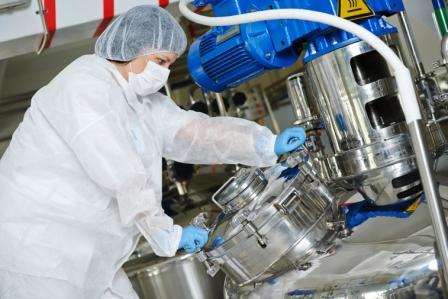 An active ingredient (AI) is the ingredient in a pharmaceutical drug that is biologically active. Similarly active pharmaceutical ingredients (API's) and bulk active are also used in medicine, and the term active substance may be used for natural products.
An active ingredient (AI) is the ingredient in a pharmaceutical drug that is biologically active. Similarly active pharmaceutical ingredients (API's) and bulk active are also used in medicine, and the term active substance may be used for natural products.
Active Pharmaceutical Ingredient (API) manufacturing involves batch reaction, work-up, layer separation, filtration, distillation and drying as unit processes. Again, batch reaction involves heating and cooling stages ranging from -40 to +150 deg C. Conventionally, this is done with multiple utilities such as chilled brine, chilled water, cooling water, hot water, low pressure steam and high pressure steam etc.
However, this approach has the many major disadvantages:
- More utility header lines required near operating area
- Cross contamination of utility fluids
- Utility changeover by operator
- During change over, utilities are wasted if drained due to mix-up
- Condensate recovery is not feasible
- It may cause thermal shocks due to sudden change in temperature, if gradual change over is not practised
- Accurate temperature control is not possible
- Increases overall cost
Many API processes have temperature as a critical control point and hence accurate temperature control is essential. This is a significant parameter to be considered while designing multi-product facility or a kilo lab, which is used for carrying out validation batches for the main plant.
While heating to temperature above 150°C and cooling after the reaction is critical – the use of cooling water will lead to formation of steam in the jacket – and thus over pressurisation besides the thermal shock. Due to these factors, single fluid heat transfer systems (SFHTS's) have gained importance in pharmaceutical and chemical Industries and their many operational advantages are offering forward thinking process plants significant competitive advantage.
